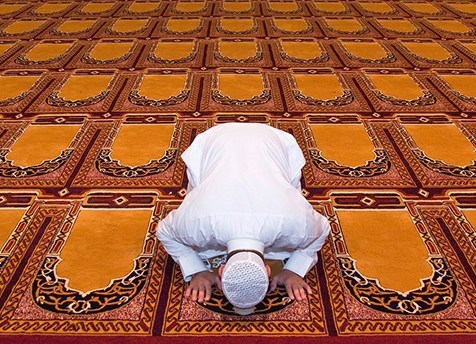Do I Have to Repeat the Prostrations of Forgetfulness If I Don’t Perform the Last Sitting?
Hanafi Fiqh
Answered by Ustadh Sufyan Qufi
Question
If someone just did the prostrations and then immediately said the last Salam without performing the last sitting, does he need to redo the prostrations of forgetfulness?
Answer
I pray this finds you in the best of states.
No, you don’t need to repeat the prostrations of forgetfulness. Nonetheless, you still need to perform the last sitting properly. [Shurunbulali, Maraqi al-Falah]
It is necessary (wajib) for you to perform the last sitting of the prayer after the prostrations of forgetfulness as long as you are still facing the qibla and as long as you have not uttered worldly speech. [ibid]
If you don’t do it, your prayer remains valid, but you are sinful. [ibid]
The reason for this ruling is that exiting the prayer with a Salam is a condition for performing the prostrations of forgetfulness in the best manner, and this Salam is a remembrance (dhikr) that doesn’t break the sacrality of the prayer. Thus there is still room to perform the last sitting properly. If, on the other hand, the qibla is not faced anymore or if worldly speech has been uttered, the sacrality of the prayer has been broken, and there is no possibility of performing the last sitting. [Tahtawi, Hashiya ala Maraqi al-Falah]
The Messenger of Allah (peace and blessings upon him) said: “It is not befitting for the prayer to contain the speech of people.” [Muslim]
And Allah knows best.
[Ustadh] Sufyan Qufi
Checked and Approved by Shaykh Faraz Rabbani
Ustadh Sufyan Qufi is an advanced seeker of knowledge, originally from Algeria, who grew up in France. He began searching far and wide for answers to the fundamental questions of life and was disappointed at the answers he found.
Then he connected with various traditional teachers and gradually connected with SeekersGuidance. He embarked on his journey of learning through the various teachers at SeekersGuidance, including his mentor Shaykh Faraz Rabbani.
He studied numerous texts in Islamic Law, Theology, Hadith, and other areas with Shaykh Faraz Rabbani and other teachers, including Shaykh Abdurrahman al-Sha‘ar, Shaykh Ali Hani, and others.
He is an active instructor at SeekersGuidance and answers questions through the SeekersGuidance Answers Service.
